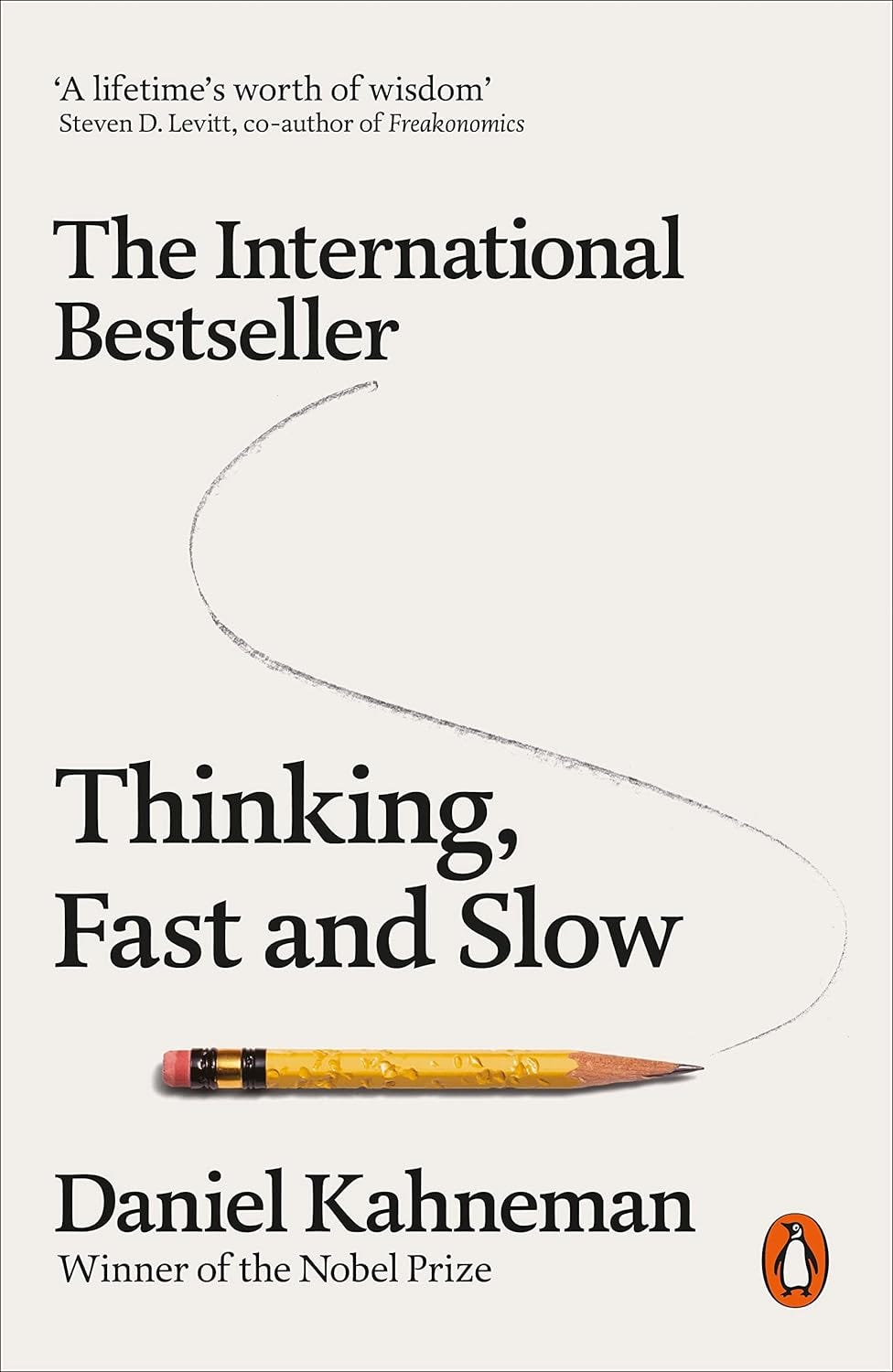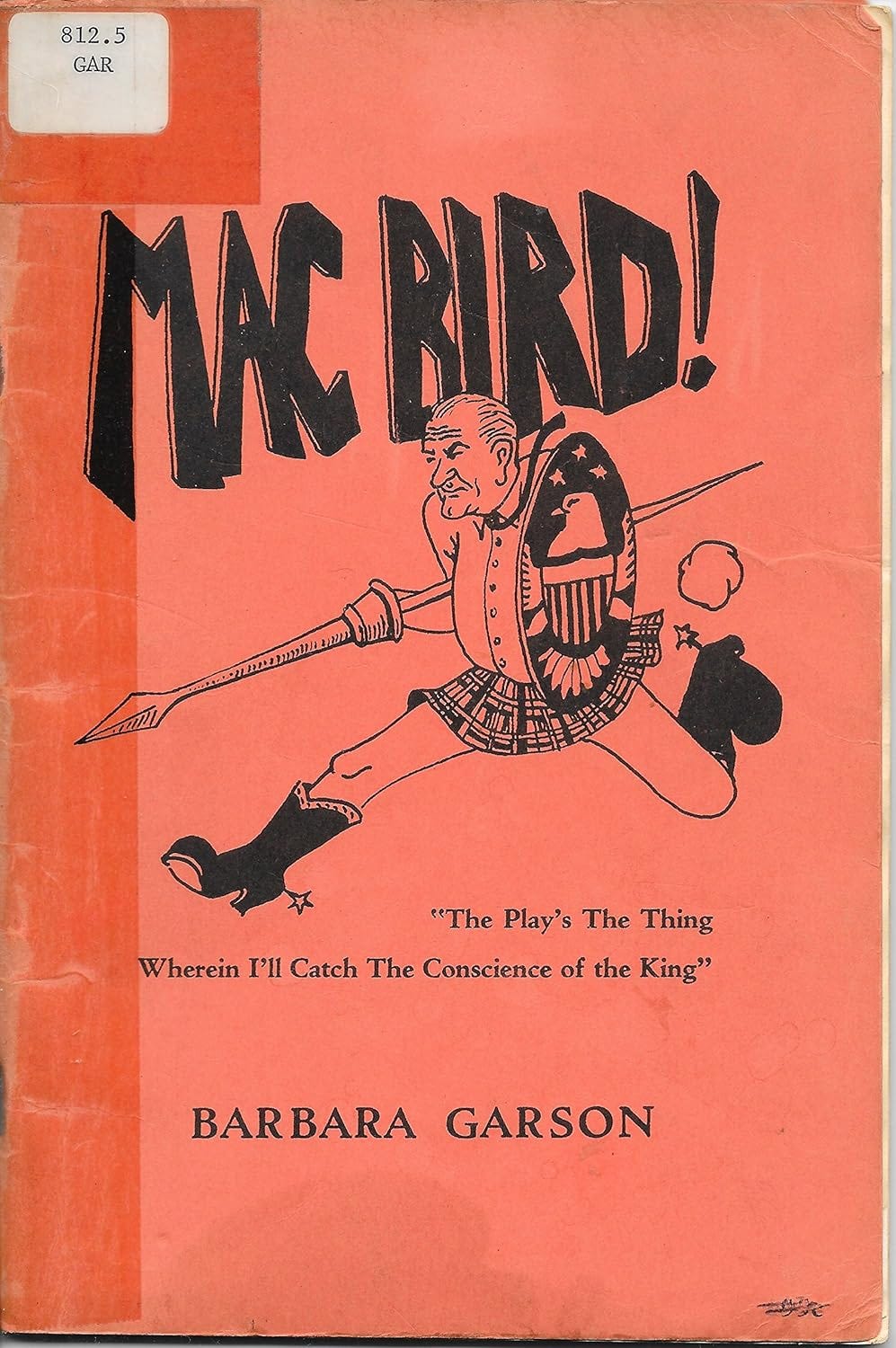#NotJust Security: The Real Risk of Staying on in A "Secure" Profession or "Permanent Job"
Reflections on hope, hopelessness, fear, safety, security and risk; through the prism of my relationship with the Indian Civil Service
Hello Dear,
I hope you have been doing well. Hope. Faith. Perseverance. We have already discussed these attitudes, practices and states of our mind in previous posts of this #NotJust Email Newsletter. In particular, I would invite you to read the following two articles, published earlier in One Doubt Please.
Why Hope is the Mother of Positive Change
Reflections on Creating and Recreating Hope in People and Organizations, as a Prerequisite to Meaningful Positive Change.
When Can and Should We Hope? How and Why?
Reflections on the hopefully universal case for hope, at work and in life, through the prism of my relationship with the IIS.
When should we choose to choose hope? When is caution, fear and hopelessness a better option? When should we keep up our hope? When should we give it up? When should we persevere in a chosen endeavour or a chosen way? When should we quit or change track?
I am thinking that our ability to ask and honestly answer these questions plays an important role in the way we invest that most precious of resources: our time, our energy, our inspiration. And this is true not only in our individual lives, but in our collective lives as well. What say?
Today, I would like to pick up from some of the threads we discussed in the above posts and share at least one brief idea which I left unsaid. Once again, as we did in the second of these two posts, let me examine the question of hope, from the prism of my experience and belongingness in the Indian Civil Service, in particular, the Indian Information Service.
Changing from Within vs. Changing from The Outside?
You know, I am happy to recall that there have been countless moments and extended periods during my time in the civil service, when I felt so excited and inspired, that it was just not possible for me to communicate my excitement and inspiration to anyone, or to even document it for my own later reference. These feelings were due to what I saw to be the immense infinite potential of our profession, of public service communication and of governance, in bringing about positive change in our national and global societies. Indeed, I have spoken of this infinite potential in the following post, about the Indian Information Service.
Why IIS? What Makes it Unique?
Some Reflections on the Indian Information Service, on the day I complete 11 years in IIS and hence in Indian Civil Service 🙏
At the same time, there have been moments and even some periods of time when I was distraught and found no reason to keep up hope. And indeed, when I look around, it is not at all difficult to spot people in this condition.
One category of people or professionals are those who have realized (according to their assessment) that continuing in the “service” is an absolute waste of their time, and hence their life. So, they are on the lookout for other opportunities, and are biding their time until they are able to build and wrest those opportunities they are searching for. In general, I suppose these professionals can be found to be good contributors to the service, who continue to contribute at least reasonably actively to the profession while they are here, though they have decided to board a different ship at some time in the not-so-distant future.
Another set of people is those professionals who have understood how “the system” really is, the limits of accomplishment and achievement it allows and tolerates, and have hence chosen to resign themselves to this state of existence. These are the people who I say have resigned even while they are in service. Not “resigned from the service” as in leaving the “service” for another opportunity, but resigned to “fate” or more accurately, to a mediocre, passive, parasitic and submissive state of being and becoming. In fact, isn’t it all too appropriate to say that they have resigned from the service, their mind, heart and soul (and body too) not being invested in the past, present and future of the service, of good governance?
“All generalizations are false, like this one.”
So, let me not present these categories are rigid; a single individual might belong or even alternate among these various categories during the course of his or her profession. And that is indeed a main part of our point. I myself have found myself alternating between hope and hopelessness, as I have said already. Which in turn raises the questions we raised earlier, as to how we decide which is the wiser choice.😊
One point for consideration here is the choice between our status as “insiders” vs. “outsiders”. You know, we can find this dichotomy in various spheres of our life. Insiders believe they understand the system well and better than anybody else and they blame outsiders for merely criticizing, asking questions or prescribing solutions which insiders believe are irrelevant or unworkable. Outsiders, on the other hand, say that insiders are misguided or acting in their own interest, without taking the outsiders on board in a participatory and consultative fashion.
This dichotomy, this conflict, is there between theory and practice, between words and actions, between academia and industry, between the government and the people, between the teacher and the student.
Very interestingly, this dichotomy is present within each of us ourselves, between our mind and heart in common parlance, or more systematically, between our intuitive System 1 and our rational System 2, as per the characterization given by Daniel Kahneman.
Here is a short video which explains the two systems.
And let me not waste this opportunity to recommend this awe-inspiring book: Thinking, Fast and Slow, a 2011 book by Daniel Kahneman. [I read this in 2020 or so].
Now, coming back to the fundamental dichotomy of insiders vs. outsiders, on numerous occasions, countless people have told me that I will and will be able to do better and contribute more outside “the system”, rather than inside it. Indeed, many people continue to tell me this even today. They also give examples of people who have been able to change “the system” from the outside, that they were stronger agents of change while being on the outside rather than the inside.
However, I have had one concern (among other concerns) with this argument. I have been concerned that stepping out of the system would mean that I lose my skin in the game. Indeed, Nassim Nicholas Taleb, who as per one of my dear and respected friends is no less than a sage, has written extensively on the dangers of not having skin in the game.
“Beware of the person who gives advice, telling you that a certain action on your part is “good for you” while it is also good for him, while the harm to you doesn’t directly affect him.” - Nassim Nicholas Taleb
So, let me recommend this book too, whether or not you have not read it: Skin in the Game, a 2017 book by Taleb.
Now, what do I mean by this, the way it applies to me and my relationship with and belongingness in the civil service? I have been thinking that if I aspire to bring about some change in “the system”, I should be and remain a part of that system, rather than critiquing the system “from the outside”.
Well, at the same time, what makes my line of thought very interesting (for me at least) is that this very idea that one can have skin in the game as a civil servant or bureaucrat is antithetical to, the very opposite of, what Taleb himself says.😊
“Bureaucracy is a construction by which a person is conveniently separated from the consequences of his or her actions.” - Taleb
Well, I do not wish to dispute with Taleb, that there is a dire need to bring more accountability to the system, to make bureaucrats more accountable for their performance or non-performance. And I would go a step further and say:
It is #NotJust bureaucrats or civil servants who need to be held to higher standards of accountability. It is the political leadership or political executive, the media, the industry, the civil society and indeed the citizenry as well.
Yes, I agree we as civil servants need to be more accountable and we should have better accountability mechanisms built into the system. At the same time, I would still think that someone who really is motivated by “public service motivation”, who really aspires to serve the public good, does retain skin in the game, in the act of choosing to stay on in the civil service. [Importantly, I do not mean to say that one should be motivated solely by the ideals of public service, one can have other legitimate motivations as well, such as the desire to place food on the table for oneself and one’s family.]
One of the reasons I think that such a civil servant has skin in the game, is because of the simple fact that in choosing to stay on in the service, he or she foregoes numerous other opportunities, many of which would or could be more attractive on other terms (financially, for instance). Indeed, one is taking a risk, even in terms of the ability to be fulfilled and make one’s life meaningful, to make a social impact, a difference in others’ lives; it can indeed be so that better avenues for meaning, joy and fulfillment are present outside, rather than inside the service. In this sense, the civil servant who is inspired by public service motivation is definitely taking a big risk by choosing to stay on in the system. In my humble opinion.
It is this belief which led me to make the following statement, in a discussion with two fellow IIS Officers, where they were deliberating on the risk an officer was taking on choosing to resign from the service. And both of my friends later told me that the observation I made is no less than a profound statement.😊
The real risk is to stay rather than to leave; and it is a risk worth taking precisely because this is a real risk and one which we should take.
Let me also recall something we have discussed in a previous article.
"The greatest risk in life is to risk nothing...only the person who risks is truly free"

I think it is pertinent to also recall what a character says in MacBird!, a 1966 satirical play by Barbara Garson.
“In speaking out one loses influence.
The chance for change by pleas and prayer is gone.
The chance to modify the devil’s deeds as critic from within is still my hope.
To quit the club! Be outside looking in!
This outsideness, this unfamiliar land,
From which few travelers ever get back in . . .
I fear to break; I’ll work within for change.” - Stevenson, in Barbara Garson’s MacBird!
Well dear, let us close this article for today on this incomplete note. For sure, there are other dimensions which I wish to explore, which I hope will further illuminate why the questions above are not those of concern to me alone or to civil service alone, but to all of us, whichever our state of being in life happens to be. I hope to address these in a later article.
Tell you what, I began writing this article wondering what to write, and highly doubting whether I will have anything meaningful to say at all. However, I must say I am happy with the outcome, or at least the output. What do you think? Let me know in the comments section or at newdheep@gmail.com. Thank you, best wishes! - Dheep.










